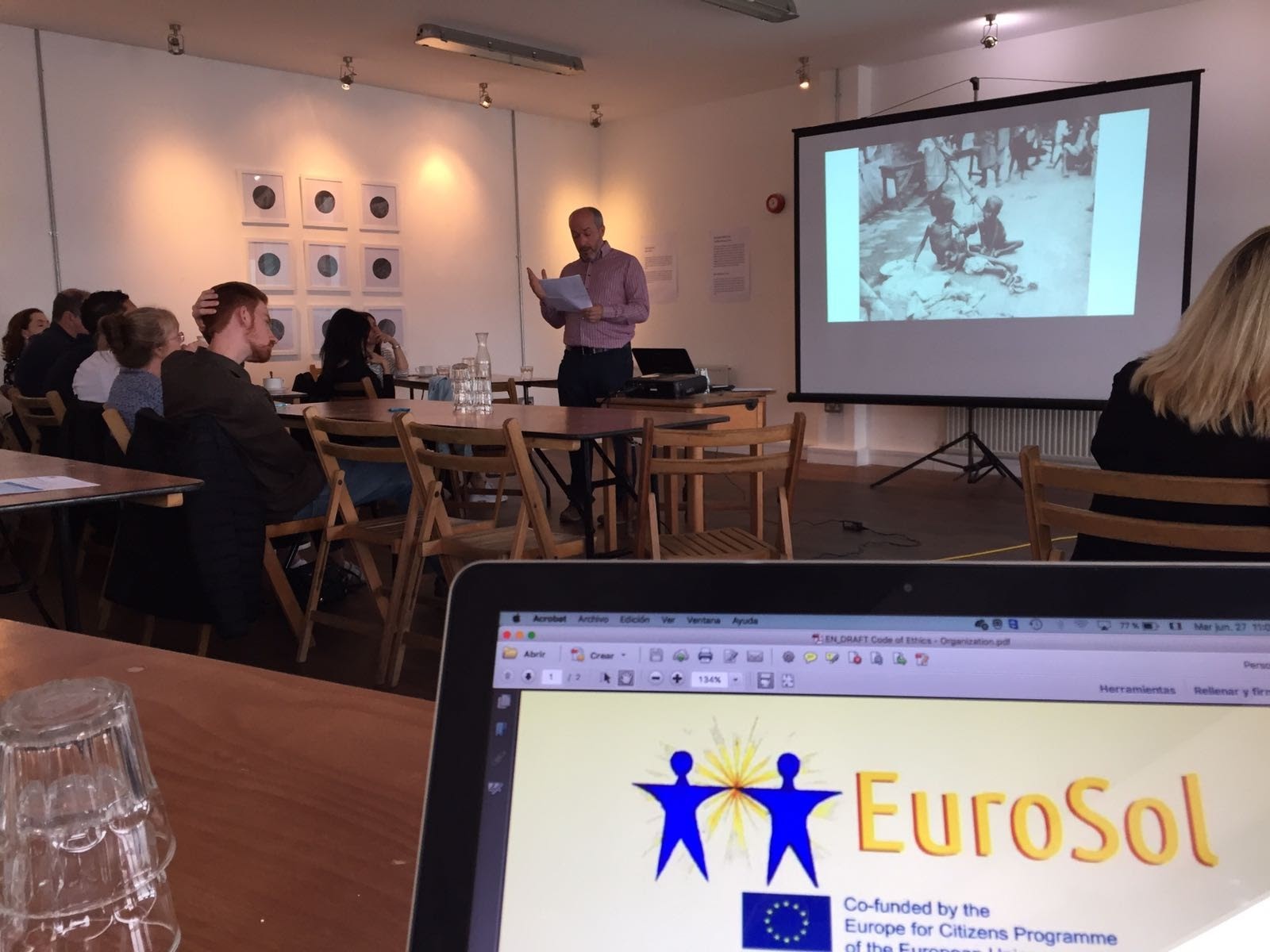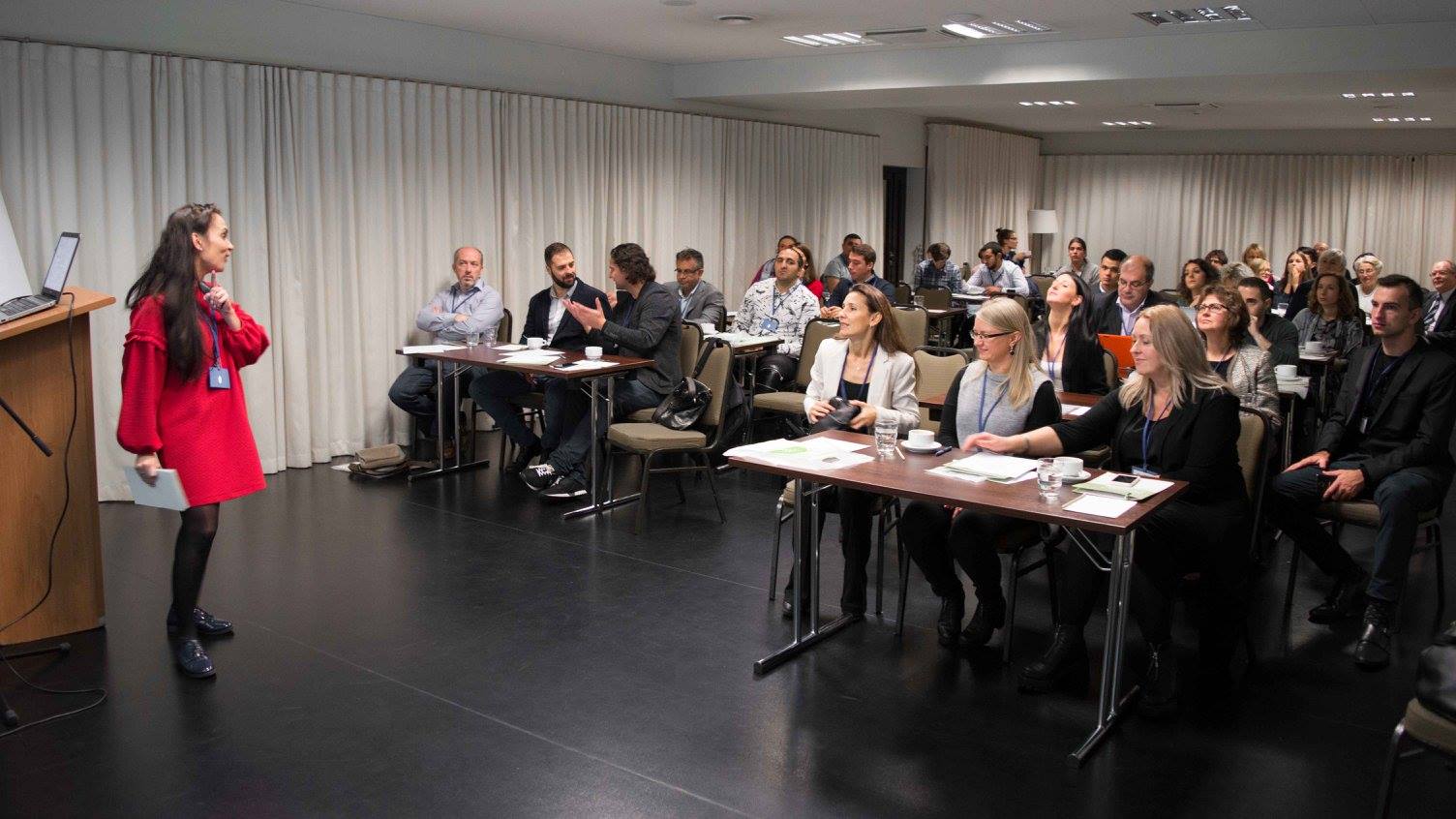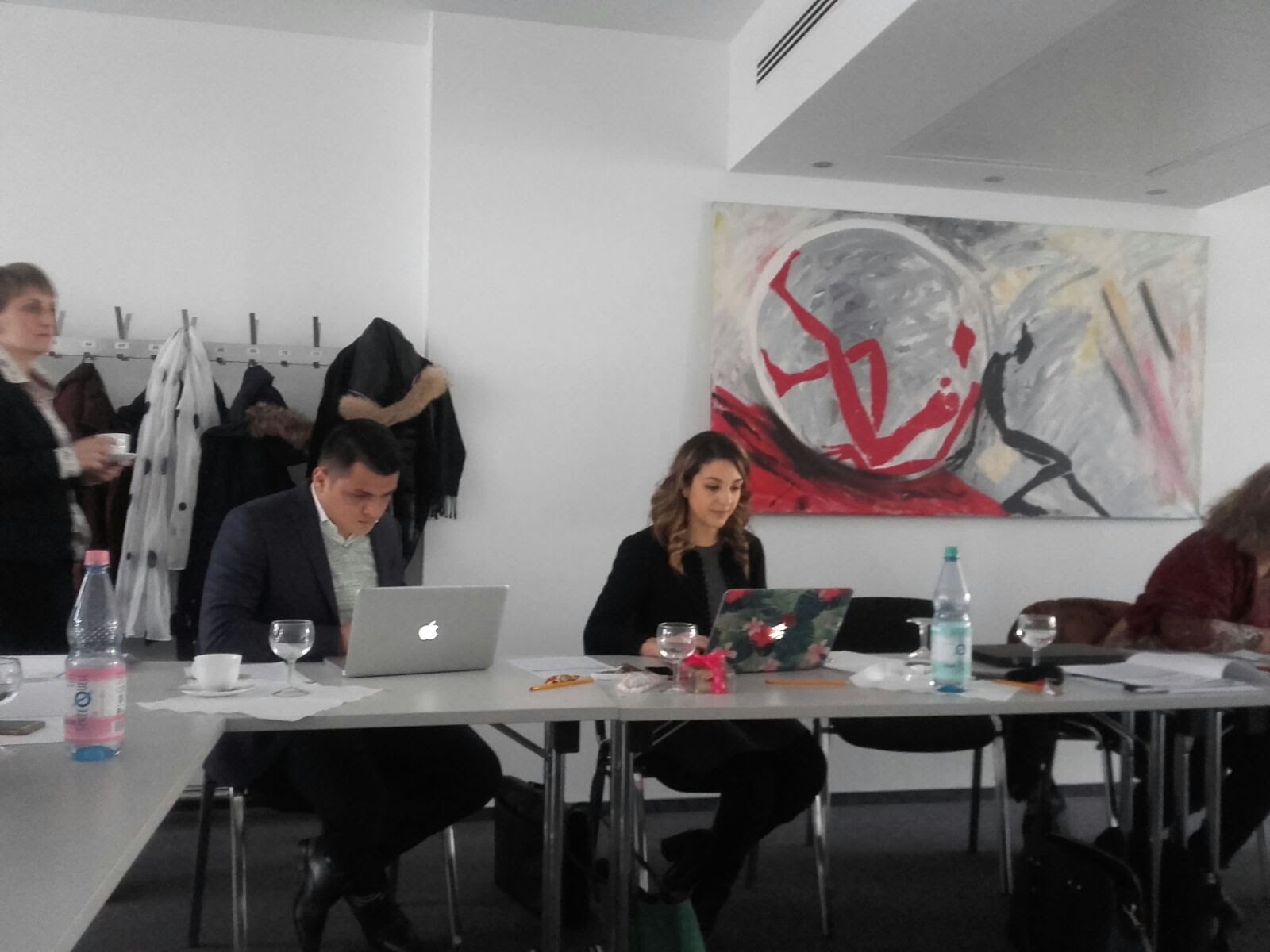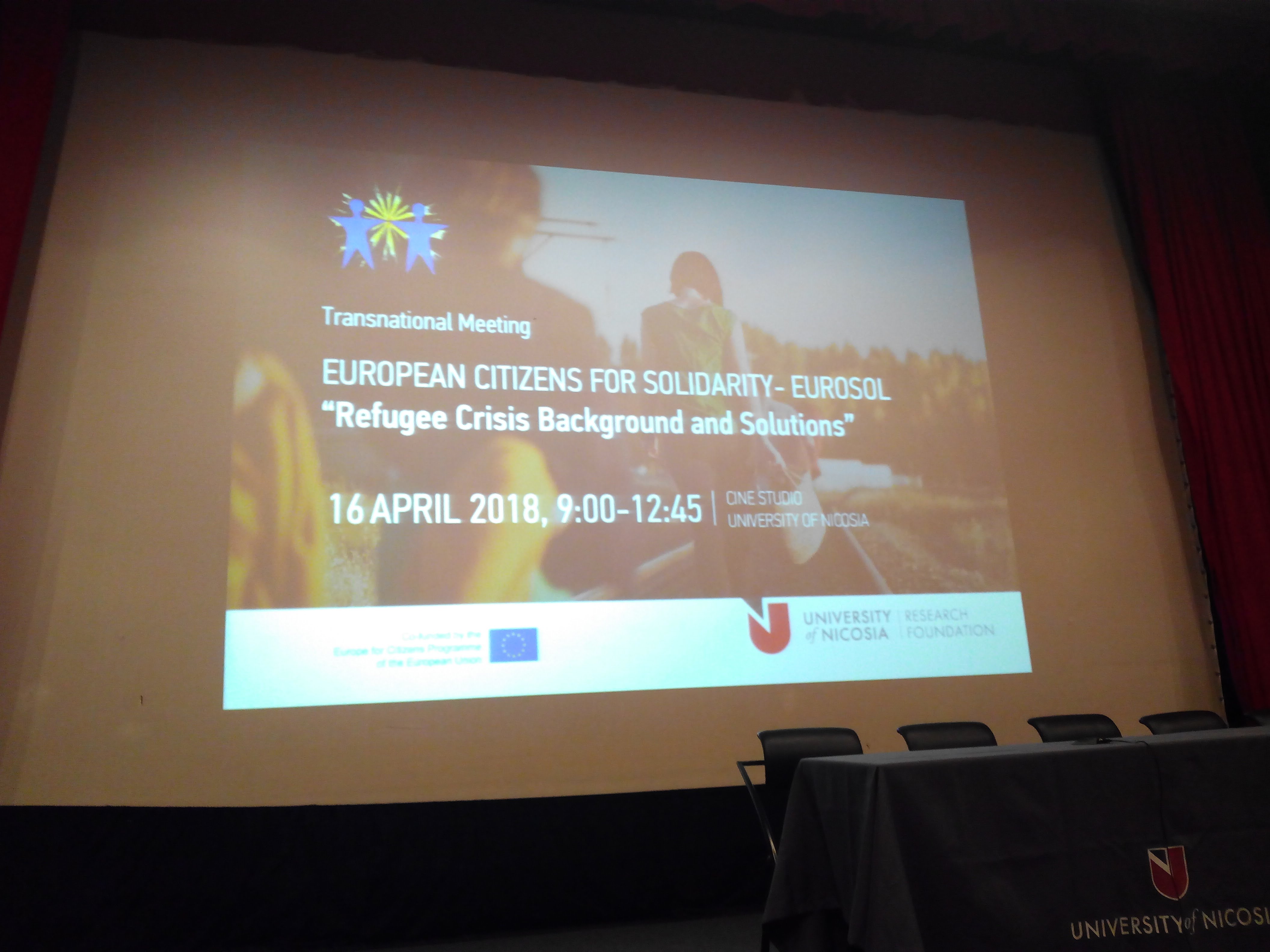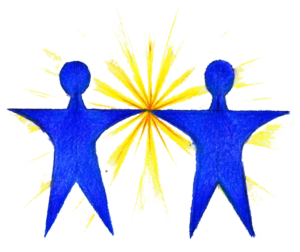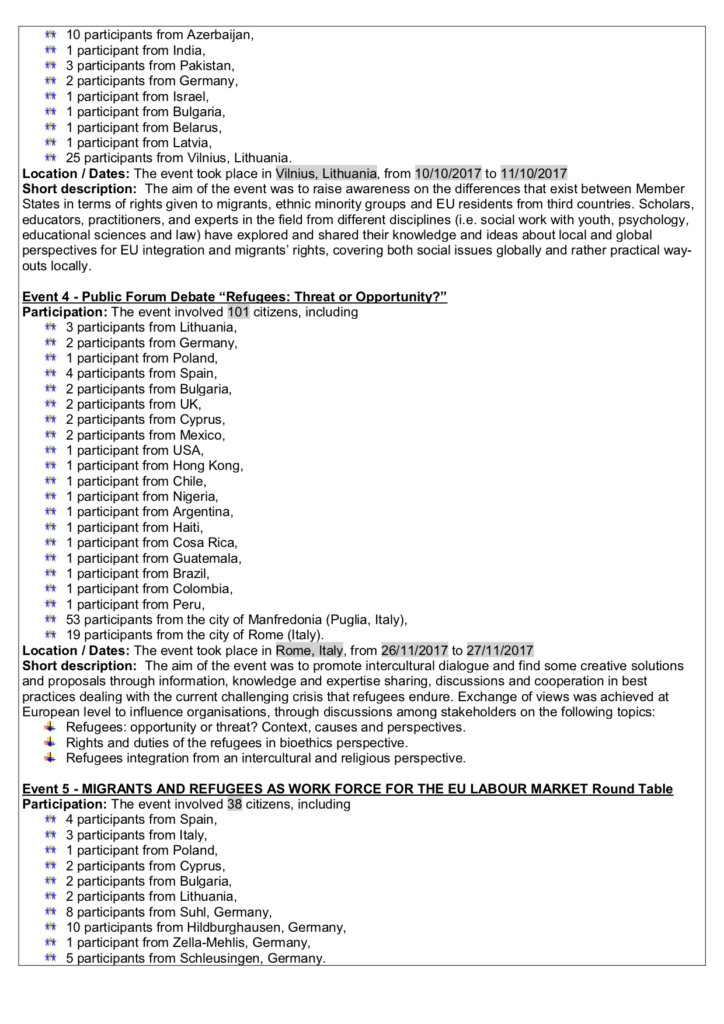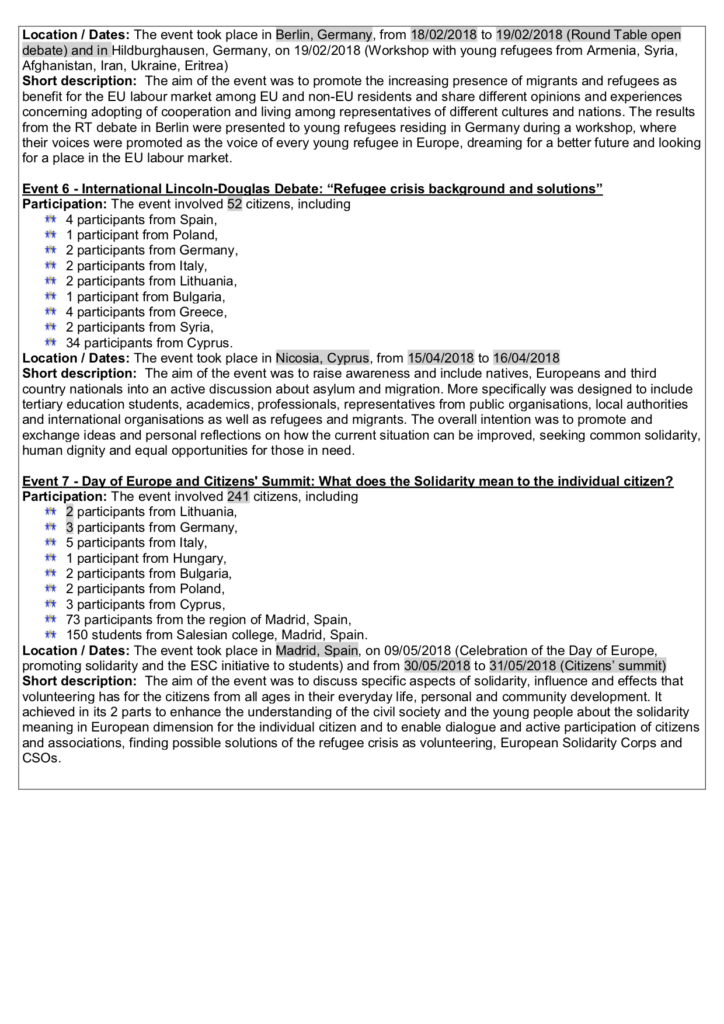The project
European Citizens for Solidarity (EUROSOL), co-funded by the Europe for Citizens programme of the European Union, gathers partners from eight EU member states to promote the European citizens’ solidarity in times of the refugee crisis. The Project started officially on January 1, 2017 and will finish on June 30, 2018.
In late 2017, the UNESCO Chair will organize a Public Forum Debate on “Human Dignity and Human Rights of Refugees.” The event will gather policy makers from eight countries to discuss and debate EU resolutions related to the refugee crisis. All participants will research, write, and propose new strategies for facing the pressing issues of the day. For more info read click here.
The project seeks to involve 50 policy makers from various backgrounds so as to achieve a fuller understand the nature of the current crisis. In particular, the forum seeks resolution to three main questions. First, whether governments should prioritize the humanitarian needs of refugees over their national interests. Second, whether all men are equal and deserving of the same quality of life. Third, whether crime and terrorism will grow if more refugees were accepted into countries.
Debates among stakeholders will strive for common accepted solutions at the local level and the exchange of opinions at European level to intervene to influence politicians and policy makers to promote intercultural dialogue, to combat stigmatization of immigrants and to foster tolerance and empathy, which in turn brings about more cohesive, respectful, peaceful and tolerant EU societies.
To facilitate the aforementioned project, the UNESCO Chair will also provide a Code of Ethics to guide the work of the Forum’s Consortium. UNESCO Chair Staff Member Kevin Ramírez will act as EUROSOL Project Coordinator on behalf of the Chair.

